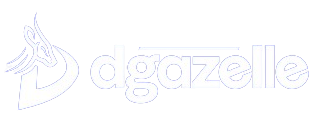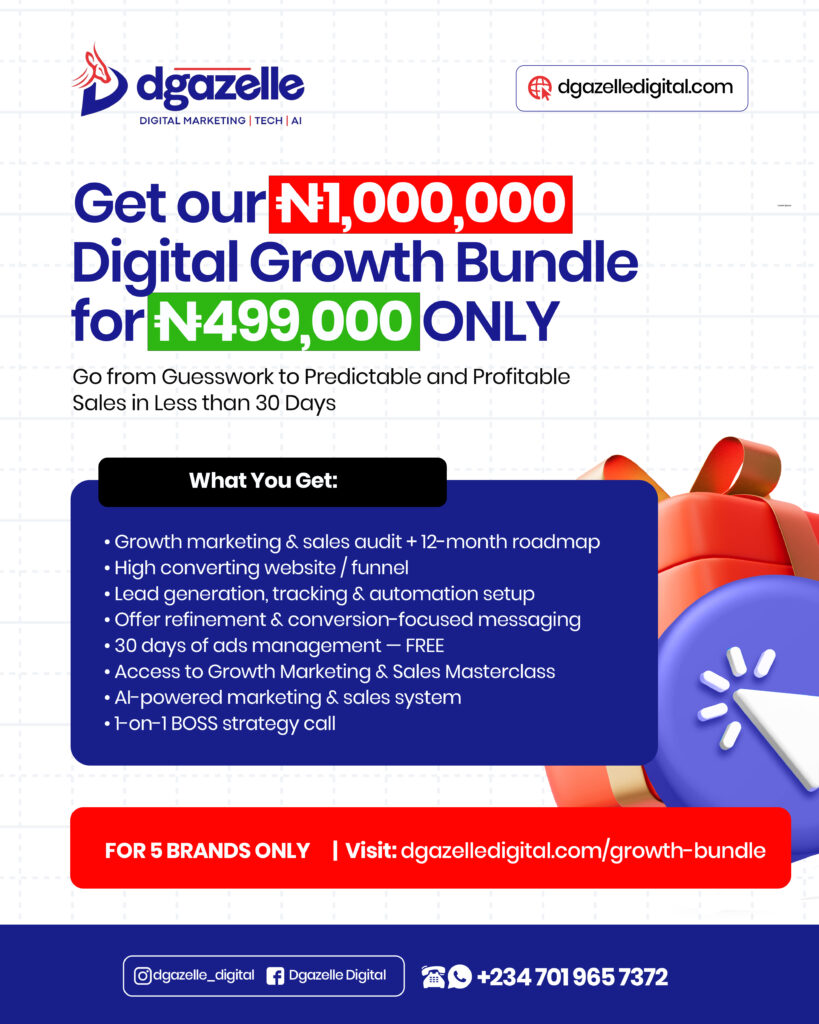Introduction
The landscape of the internet has been continuously evolving, reshaping the way we consume information and interact online. In recent years, the rise of new digital platforms has challenged the dominance of traditional websites, leading to their gradual decline.
The Decline of Traditional Websites
Ah, the internet—a place where trends change faster than a chameleon at a disco. Gone are the days when a clunky, text-heavy website sufficed. Users now demand sleek, interactive experiences that fit in their pockets. But calling a spade a spade, there are many reasons for the decline of traditional website but the main culprits are:
A Shift in User Behavior:
Let’s face it, we’re a lazy bunch. We want information and services at our fingertips without the hassle of typing in URLs. The rise of mobile devices has fueled this shift, leaving traditional websites in the digital dust.
Mobile-Focused User Experience:
Ever tried to navigate a non-mobile-friendly site on your phone? It’s like trying to fit a square peg into a round hole. Users crave responsiveness and simplicity, something traditional websites struggle to deliver.
The Impact of Social Media Platforms:
Ah, social media—the land of endless scrolling and cat memes. It’s not just for sharing vacation photos anymore; it has now become the go-to destination for users seeking information, entertainment, and social interaction and businesses are thriving on these platforms, offering seamless shopping experiences and direct engagement with customers.
With the rise of new digital platforms like Progressive Web Apps (PWAs), Instant Apps, and the social media juggernauts. These digital trio have been chipping away at the traditional website’s relevance, offering users more convenient, engaging options.
SEO Challenges for Traditional Websites

Image Source: Freepik
Changing Algorithms and Search Trends
Changing algorithms and search trends have made it difficult for traditional websites to maintain visibility and relevance. just like fickle gods, constantly changing their algorithms and leaving traditional websites scrambling to keep up. What worked yesterday might earn you a one-way ticket to Page 10 tomorrow.
Content Fragmentation and Competing Platforms
With content spread across various platforms, from social media to PWAs, traditional websites are facing an uphill battle. Users are spoiled for choice, and businesses need to adapt or risk being left behind.
The Rise of Progressive Web Apps (PWAs)
Picture a website and a mobile app had a baby—that’s a PWA. These beauties offer the best of both worlds: the accessibility of a website and the functionality of an app, all wrapped up in a neat package offering enhanced user experiences. From Starbucks to Twitter Lite, PWAs are making waves in the digital realm. These success stories serve as a beacon of hope for businesses looking to ride the PWA wave.
Benefits of PWAs Over Traditional Websites
loading faster than a cheetah on an espresso binge and work offline like a digital superhero, PWAs provide benefits such as offline accessibility, push notifications, and fast loading speeds, surpassing traditional websites in user engagement.
Instant Apps and Their Impact
Imagine being able to use an app without downloading it. Mind-blowing, right? Instant apps offer users a taste of the full app experience without the commitment of storage space, providing instant gratification.
Instant apps are the epitome of convenience. Need to check out a new recipe? No need to clutter your phone with another app—just click and play.

Image Source: Freepik
How Instant Apps are Changing Engagement
The convenience and speed of Instant Apps have revolutionized user engagement, leading to increased adoption across various industries. Businesses are catching on to the allure of instant apps. These bite-sized experiences offer a seamless way to showcase products and services, enticing users with a preview before committing.
Social Media as the New Website
Businesses Thriving on Social Platforms
If you thought social media was just for sharing memes and cat videos, think again. Businesses are thriving by leveraging on these platforms to reach a vast audience and drive sales like never before.
Integrated Shopping and Instant Transactions
Scrolling through Instagram and suddenly find yourself buying a pair of shoes? Welcome to the world of integrated shopping. Social media platforms are turning browsing into buying with a simple tap.
Building Communities and Brand Loyalty
Sales isn’t just about selling; it’s about building relationships. Brands that engage with their audience, listen to feedback, and foster a sense of community are winning hearts (and wallets).
Voice Search and the Future of Browsing
The Growth of Voice Assistants
“Siri, find me a reason to ditch traditional websites.” Voice assistants are becoming our digital companions, witnessing exponential growth, they are reshaping the way users interact with technology and conduct searches offering a hands-free way to search the web.

Image Source: Freepik
Optimizing for Voice Search
Optimizing for voice search is crucial for businesses to stay competitive and relevant in a voice-first world, emphasizing the importance of web accessibility and businesses that optimize for voice search are ahead of the curve. From conversational keywords to structured data, the future of SEO is sounding more like a friendly chat than a robotic query.
How Voice is Redefining Web Accessibility
Voice technology isn’t just a novelty; it’s a game-changer for accessibility. People with disabilities can now navigate the web with ease, opening up a world of possibilities.
Conclusion
Ah, the end of our digital eulogy. But fear not, dear readers, for the demise of traditional websites is not a funeral dirge—it’s a symphony of progress. So, what’s a business to do in this ever-changing digital landscape?
Adaptation Strategies for Businesses
It’s time to embrace the evolution. Invest in PWAs, explore instant apps, and master the art of social media engagement or outsource it to dedicated agencies like Dgazelle that are specialized social media ninjas. Flexibility is the name of the game.
Investing in Multi-Platform Presence
Diversify, diversify, diversify. Spread your digital wings across various platforms to meet users where they are. A cohesive multi-platform strategy is the key to staying relevant.
The Future Landscape of Online Presence
As we bid adieu to traditional websites, we welcome a new era of digital innovation. Who knows what the future holds? One thing’s for sure: it won’t be boring.
And there you have it, folks—a light-hearted look at why traditional websites are bidding us farewell. So, next time you’re stuck on a non-mobile-friendly site, remember: change is inevitable, but progress is optional. Stay savvy, stay digital!
.
Enjoyed the journey so far? Subscribe to be the first to know when new contents are out
[mailerlite_form form_id=2]








